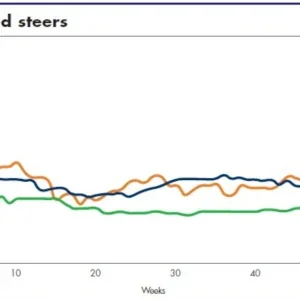‘We are hopeful the construction of the plant will be completed within the stipulated time,’ Industries Minister Dilip Barua said.
Bangladesh Small and Cottage Industries Corporation signed a contract on March 11 with the Chinese company for setting up the plant, the minister said.
The deal was possible because the High Court on March 4 rejected a petition filed by an Indian company, one of the bidders for the plant work, said Barua. ‘As a result, the long standing difficulty over the relocation of tanneries has come to an end,’ he said.
At the conference, he asked tannery owners to set up the necessary infrastructure on their allocated plots in Savar, on the outskirts of the capital, so that they could move there once the factory construction work had been done.
Around 195 tanneries in Hazaribagh in the capital have been discharging their untreated toxic waste directly into the Buriganga. The park, however, will be able to house 155 tanneries.
While testing the water of the Buriganga a decade ago during the dry season, the Department of Environment rather shockingly found zero-level dissolved oxygen, which meant no aquatic life could survive there.
In 2003, the government prepared for the leather park project which would cost Tk 545 crore ($6.7 million).
It floated a tender to build the effluent treatment plant but failed to attract qualified bidders. It floated another tender later on and picked the Chinese joint venture for the job.
However, in 2008 the Indian company Indian VA Tech WABAG filed a petition with the High Court against the government’s choice of bidder.
The court ordered a re-tender.
In the re-tender the Chinese joint venture was picked again as the lowest bidder and on December 5 last year the cabinet committee on purchase approved the ministry’s proposal to award the job to the company.
However, late last year the Indian firm filed another petition with the High Court saying that JLEPCL-DCL submitted a flawed bank guarantee. It said the winning bidder had sent the bank guarantee through SWIFT (an electronic money transfer code) which is not allowed under the rules of the government’s Central Procurement Technical Unit.
On March 4, the court rejected the petition, thus clearing the path for the Chinese company to get the job.
A 200-acre area of land has already been developed for the leather park at Hamyetpur in Savar.
Experts said a centralised effluent treatment was necessary not only to meet the demands of the export-oriented leather industry but also to comply with the rules of European Union countries.
European Union countries import a considerable amount of leather and leather goods from Bangladesh every year. Bangladeshi leather goods will not have access to developed countries, including those in the European Union, if the government fails to set up the treatment plant by 2014.
Haji Belal Uddin, president of the Bangladesh Finished Leathers Products Exporters Association, had told The Daily Star that they were all willing to move to Savar. ‘But we could not move as there was no treatment plant. As soon as the government sets up the plant we all will move there,’ he said.






